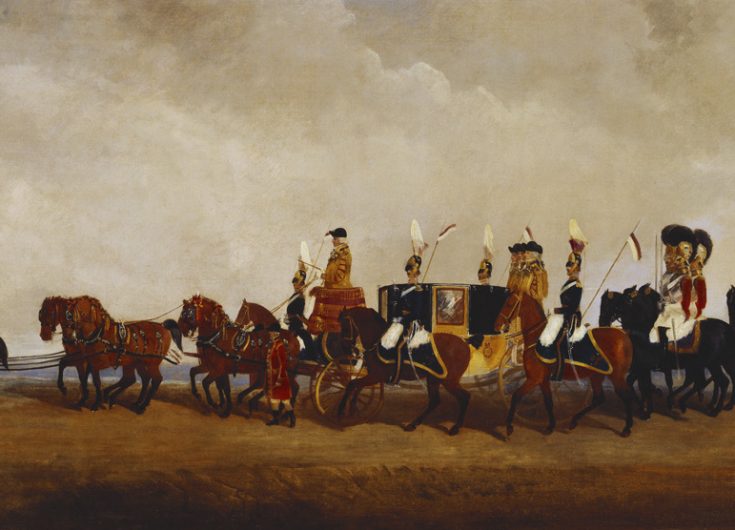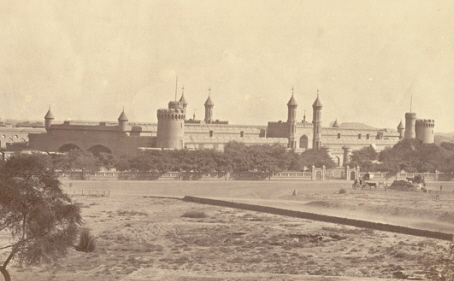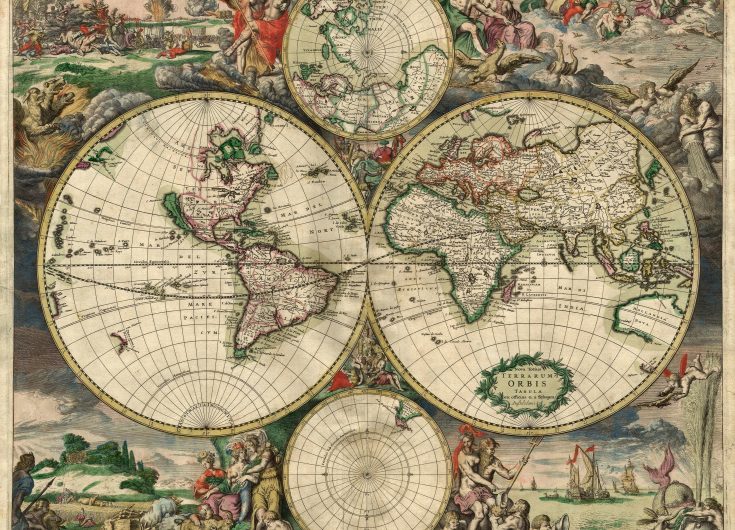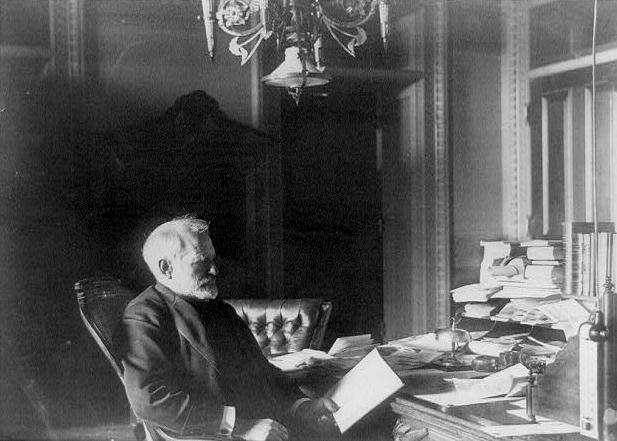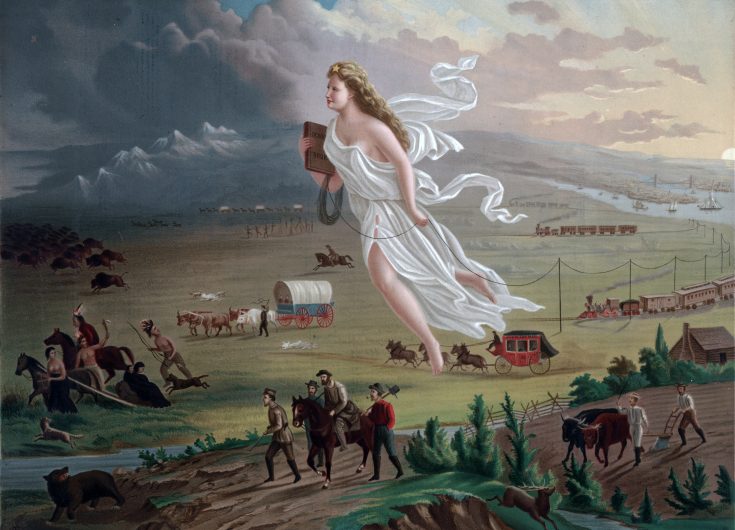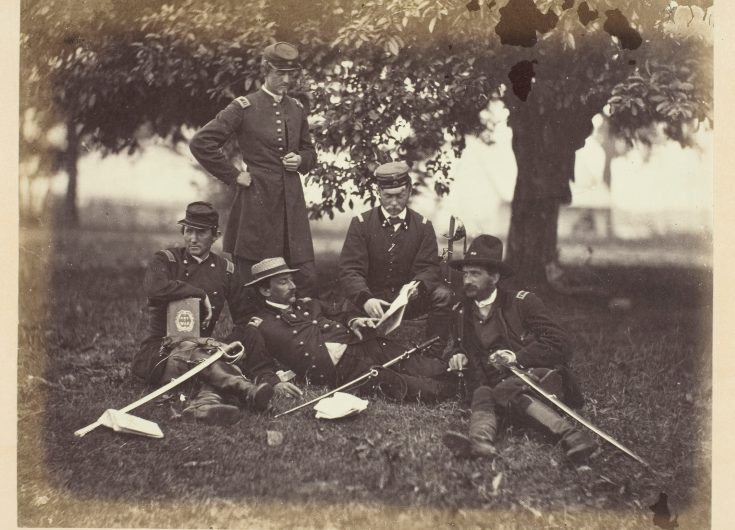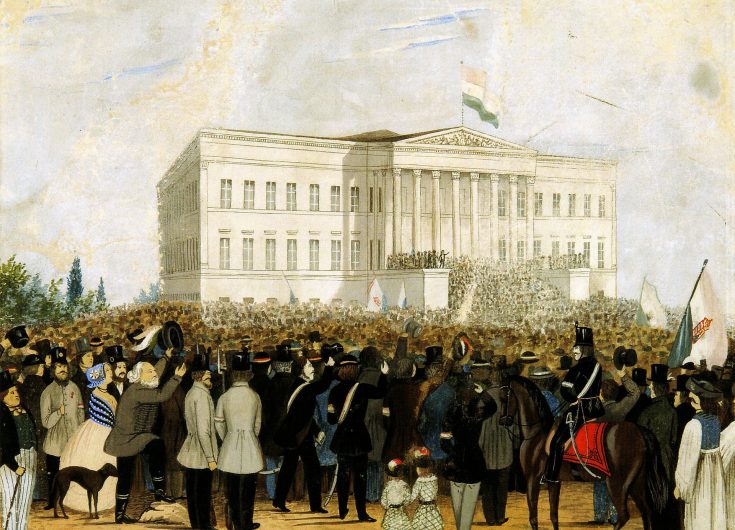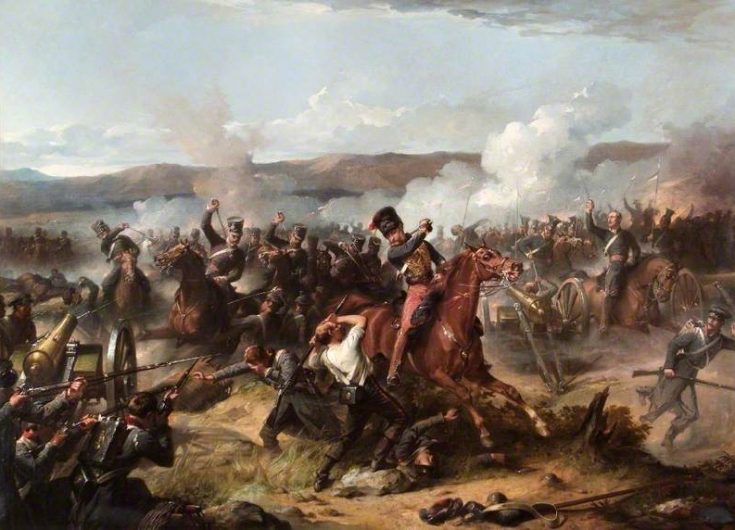

Journalistic Classics of the Crimean War: Tolstoy and William Russell
In the Western media’s analyses of Russia’s recent moves in the Crimea, the historical context of great-power conflict over the region is often overlooked, including that of the Crimean War (1854-1856). It is often said that the Crimean War – generally known in Russia as the Eastern War – constituted the first modern conflict, as it clearly foreshadowed the military developments that characterized the following century and beyond (most immediately, the American Civil War). These elements included the employment of railroads and steam-powered naval vessels for the transportation of troops and supplies (including the first appearance of iron-clad vessels, for bombardment), modern rifles, and telegraphic communications. It is known in popular imagination, if at all, for the charge of the Light Brigade and the British-French siege of Russian troops in the Crimean port city of Sevastopol (Sebastopol).


